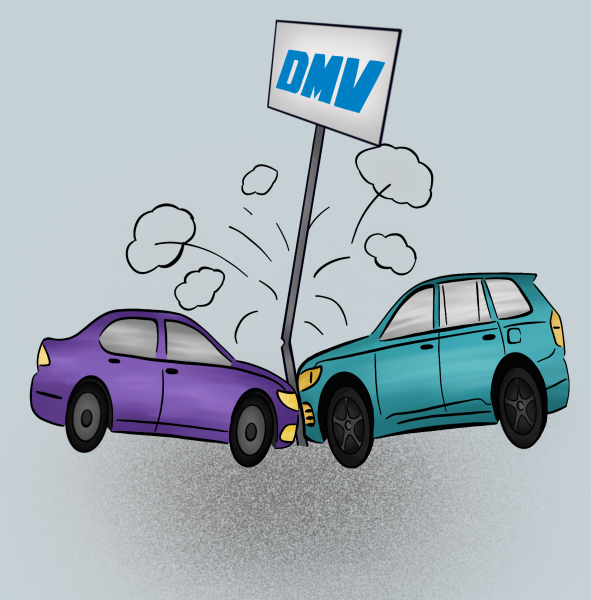Not All Technology Benefits Americans
January 11, 2017
iGrow headphones incorporate a helmet that shoots lasers into your head, while you listen to music, to stimulate hair growth.
Did you just do a double take with that first paragraph? Go ahead, Google it. You are only proving my point.
Our culture is one of excess, frivolity and dependence on external gratification from technology.
Americans have always identified as technological innovators: The cotton gin, airplanes, nuclear weapons, spaceships to the moon. Americans crave adventure and novelty. And many of the greatest inventions have been born from the competitive commercial market of American capitalism.
I argue however, that spending money for the sake of owning the next best technological trinket, or investing in the next market fad, is now unwise. Investment in our consumer culture, handing money over in exchange for superfluous products while a portion of our country’s citizens go hungry or without a home, is unconscionable. Think about that the next time you think of buying the new Kerastese Hair Coach (smart hairbrush).
The next great innovation may be at a price we can not afford. One ingenious person creates one robot that can learn and countless people find their jobs in jeopardy.
Unemployment is a huge concern to the United States because it decreases consumer spending, as it results in less money being returned to the economy, it promotes the use of cheaper, more exploitative businesses practices, and it increases the need for federal aid to those whose incomes do not meet their basic needs.
It is a problem fueled by Americans’ desire for futuristic entrepreneurship.
Many intelligent tech start ups have a boom and bust cycle. According to a Statistic Brain Research Institute’s study in January 2016, around 49% of manufacturing start ups make it to the 4 year mark and failure increases by about 5% each year for the first 6 years. In addition, the average success rate for tech kickstarters is only 28%.
Innovative technology is quite an investment gamble.
Tech companies look for the brightest, youngest employees for their teams. An article by Business Insider reported that the average age of employees in top tech companies like Facebook and Google is 29-31 years old, with older employees being the first laid off.
Entrepreneurial tech is not a reliable job market.
The idea that technology is always positive to society is false. Spam bots, computer programs designed to send spam, make an average profit of $7,000 a day, said another Statistic Brain study from 2016. According to NASA’s 2016 fiscal year spending was 17.2 billion, markedly less than spending on social security or medicare, but still a significant sum. Imagine if that money had been spent fixing problems on Earth, perhaps assisting refugee resettlement or the environmental protection agency.
What America needs now are reliable, cost effective ways to decrease problems that our country faces. I am not insinuating that technological innovation is pointless, only that it should be focused on benefiting more Americans.
One positive technological advancement is the stent retriever, a medical innovation that removes clots that cause ischemic strokes. The Merci retreival system was first used in 2005, according to MedScape. Although it is not widely available due to the requirement of extensive medical training, this useful technology saves lives and can prevent neurological damage that occurs after a stroke. Far from frivolous, innovation of this kind is a benefit to all.
The rise of solar panels and other renewable energy technologies, swapping limited resources for sustainable once, is also driving positive innovation. Other positive examples include desalination plants, which could be improved to be more efficient and less costly. Also beneficial are the Ocean Cleanup Arrays used by Ocean Cleanup, which harness ocean tidal currents to trap garbage and remove it from the water.
Don’t let ostentatious, unnecessary technology like an iPhone 7, to take distract our attention from what really matter. While talking robots have their niche in the tech world, we should be focusing our attention on the reliable innovations that solve environmental problems and improve health.



